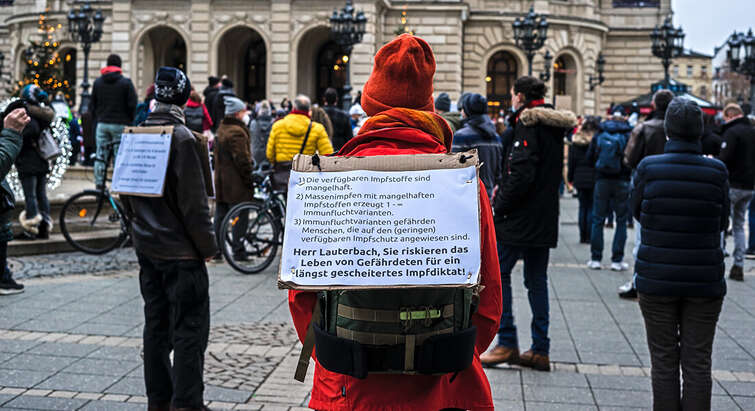
News about Psychology
Viser 1 til 24 af 51 dokumenter.


When the face becomes a mystery: New study challenges understanding of face blindness
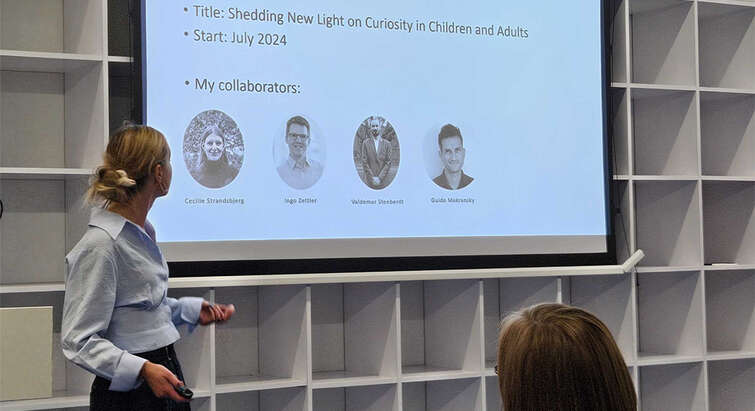
Postdoc Adéla Plechatá presented at ICEP 2025

Exercising in nature is superior to exercising in the city or at the gym

AI tool built for learners supports learning better than ChatGPT

AI tool built for learners supports learning better than ChatGPT
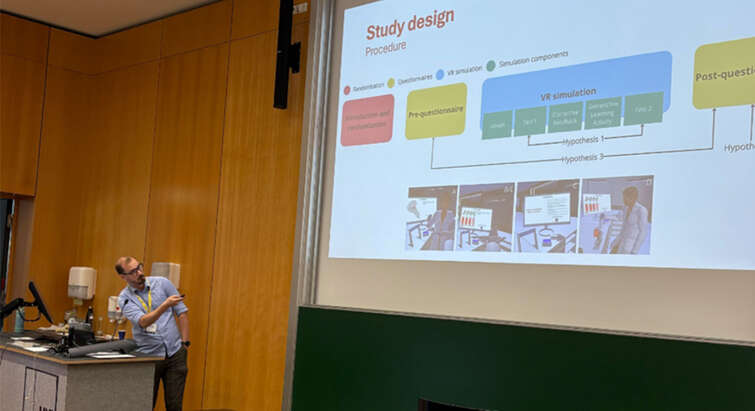
Virtual Learning Lab at the EARLI 2025 conference

Americans prefer a more diverse society

Curiosity team at Roskilde Festival

Screen time: Passive and solitary use makes us most dissatisfied

How first-time parents experience the first year with their baby

“Dark” personality thrives in societies with corruption and inequality

New model explains violent extremism

In Memoriam: Jia Li
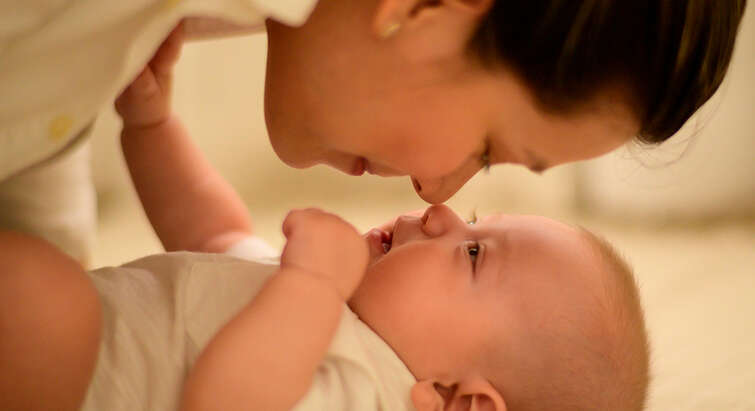
Infants' development of self-awareness to be explored with major grant
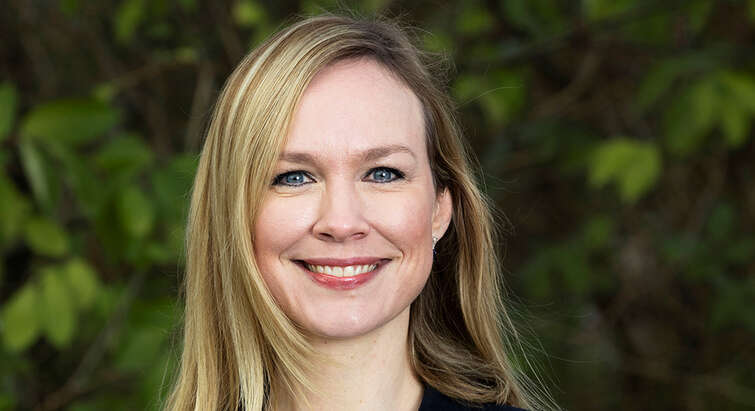
Kamilla Miskowiak receives two grants

Elite coaches see compassion as a path to better performance

Exploring our ability to switch between focus and flexibility
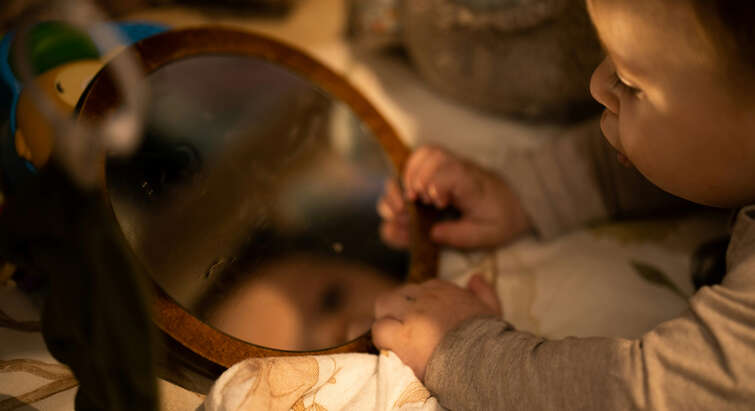
The search for the origin of our self-awareness
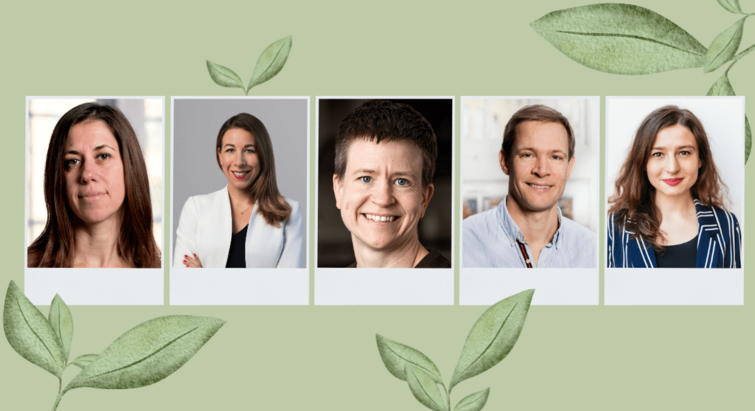
Independent Research Fund Denmark supports five social science projects

We emulate minorities when we perceive them as warm, competent and moral
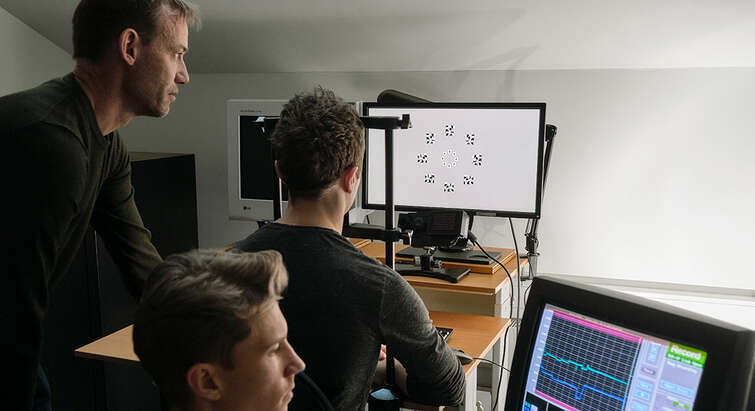
Our attention is not failing us – it almost works too well
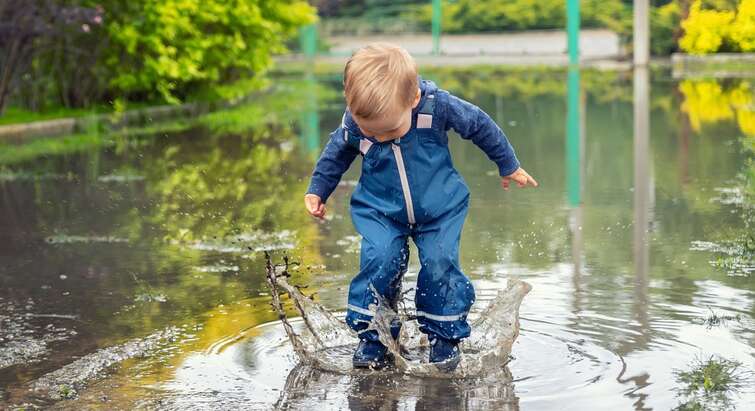
New centre of excellence to promote early childhood mental health

